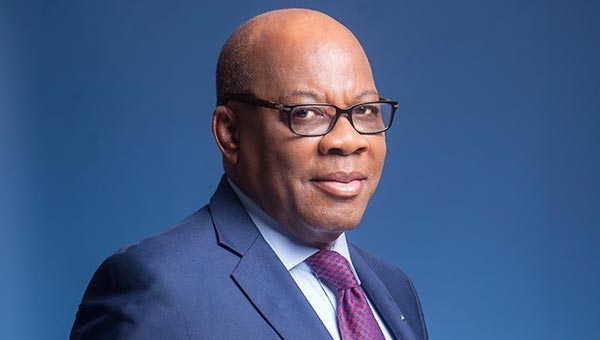News
EFCC tackles Agbakoba over comments on probe of Kogi finances

The Economic and Financial Crimes Commission (EFCC) has berated the former president of the Nigerian Bar Association (NBA), Olisa Agbakoba, over his remarks on the probe of the Kogi State government’s finances.
The EFCC had arraigned Ali Bello who was identified as a nephew of Governor Yahaya Bello, and one Dauda Suleiman for alleged misappropriation and money laundering in court.
The commission accused the duo of conniving with a cashier at the Kogi State Government House, Abdulsalami Hudu, to withdraw N10.2 billion from the state’s treasury for personal use.
Hudu is currently said to be at large.
However, in his reaction to the development, the former NBA president insisted that the EFCC lacks the power to probe how a state spends its money.
He argued that only the Independent Corrupt Practices and Other Related Offences Commission (ICPC) and state assemblies are empowered by the constitution to probe state expenditure.
But in a statement issued on Monday by its Head of Media and Publicity, Wilson Uwujaren, the commission described Agbakoba’s comment as erroneous.
READ ALSO: Agbakoba charges INEC to check arbitrary defection of politicians
The EFCC also accused Agbakoba of undermining its commitment to the fight against corruption in the country.
The statement read: “The commission takes great exception to the indecorous and utterly irresponsible attempt by Agbakoba to dress it in the borrowed garb of a lawless entity and a meddlesome interloper, who has no business probing the stealing of Kogi state resources.
“In all his tirades, no evidence was presented to support his claim that the EFCC has been lawless, nor did he mention any law which the commission’s investigation of the finances of the Kogi state government violated.
“Instead, his refrain was to a non-extent decision of the supreme court which he also failed to elaborate upon. But it is important to state that contrary to the views of Agbakoba, the supreme court at no time delivered any judgment which forbids the EFCC from investigating fraud cases involving a state government.
“The learned counsel ought to have known that the apex court of the land as far back as 2010 in Jolly Tevoru Nyame V FRN (2010) 11 NWLR (PT.1193)344 held that the ‘claim that the money belongs to Taraba State and that the state has an exclusive claim on it to the exclusion of any other authority by virtue of section 120 of the 1999 constitution cannot stand.”
“Furthermore, Agbakoba’s erroneous views ought to be tempered by the decision of the supreme court in A.G Ondo state v. A.G., federation (2002) 9 NWLR [pt.772] page 222 at page 308 where the honourable court held: ‘It has been pointed out that the provisions of the act impinge on the cardinal principle of federalism, namely, the requirement of equality and autonomy of the state government and non-interference with the functions of state government.’
“This is true, but as seen above, both the federal and state government share the power to legislate in order to abolish corruption and abuse of office. If this is a breach of the principle of federalism, then, I am afraid, it is the constitution that makes the provisions that have facilitated the breach of the principle.
“As far as the aberration is supported by the provision of the constitution, I think it cannot rightly be argued that illegality has occurred by the failure of the constitution to adhere to the cardinal principles which are at best ideals to follow or guidance for an ideal situation. “
Join the conversation
Support Ripples Nigeria, hold up solutions journalism
Balanced, fearless journalism driven by data comes at huge financial costs.
As a media platform, we hold leadership accountable and will not trade the right to press freedom and free speech for a piece of cake.
If you like what we do, and are ready to uphold solutions journalism, kindly donate to the Ripples Nigeria cause.
Your support would help to ensure that citizens and institutions continue to have free access to credible and reliable information for societal development.
























